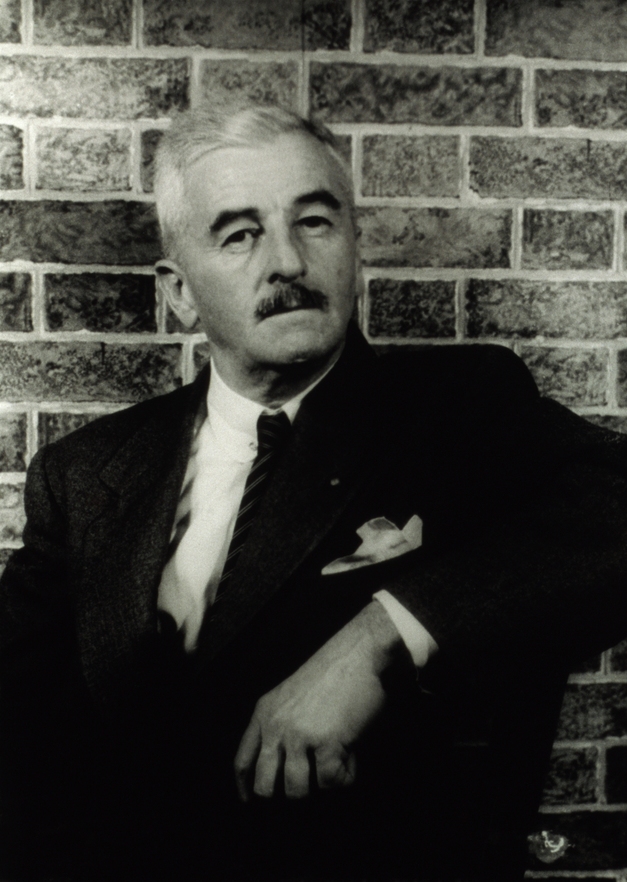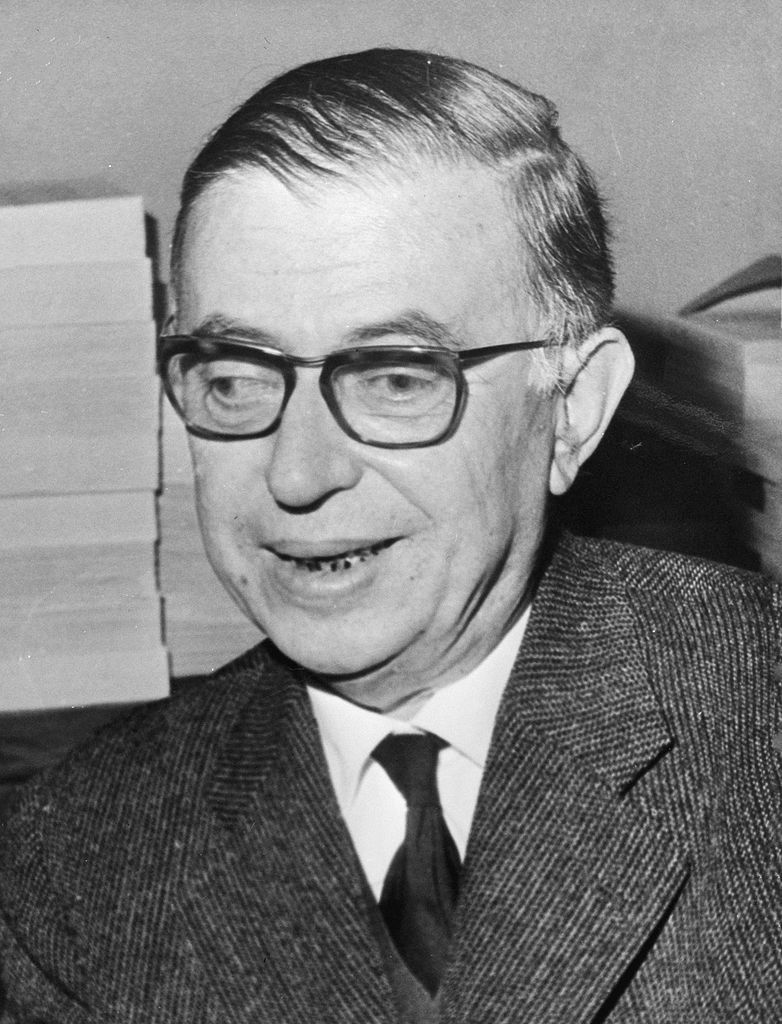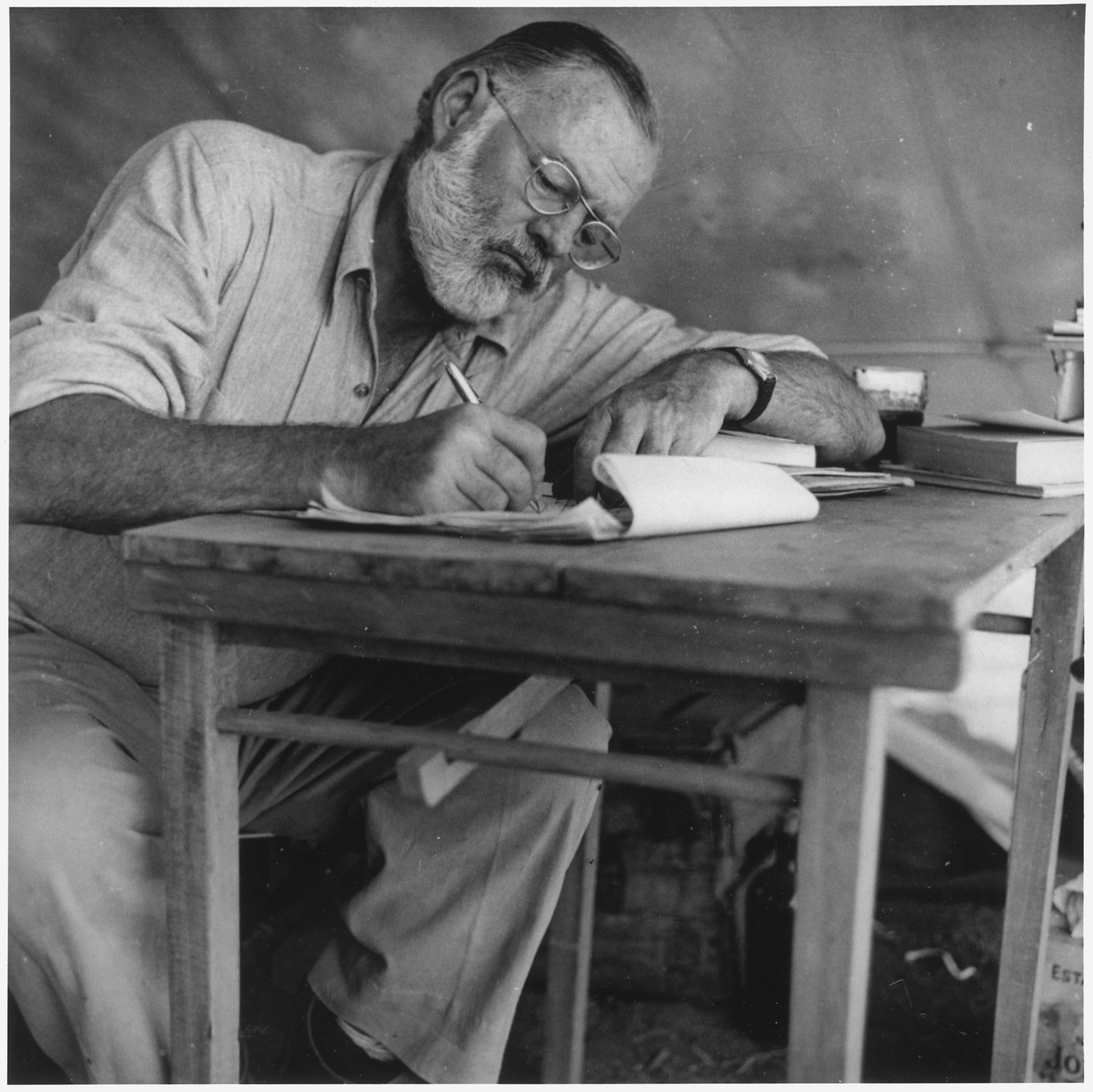The great 19th century Russian writer influenced many writers from Nietzsche to Hemingway, and even entire genres and philosophical movements
By Alexandra Guzeva, Russia Beyond
What can be more valuable to a writer than recognition from someone more authoritative and famous? Can you imagine that Sigmund Freud, who pioneered psychoanalysis, admitted that his method was not applicable to the characters in Dostoyevsky’s books.
Kafka felt a deep connection to Dostoyevsky, and delightfully read excerpts from The Adolescent to his friend Max Brod, who later wrote that the novel’s fifth chapter greatly influenced Kafka’s style.
James Joyce praised Dostoyevsky: “…he is the man more than any other who has created modern prose, and intensified it to its present-day pitch.”
Virginia Woolf wrote that Dostoyevsky’s novels are “seething whirlpools, gyrating sandstorms, waterspouts that hiss and boil and suck us in. They are composed purely and wholly of the stuff of the soul. Against our wills we are drawn in, whirled round, blinded, suffocated, and at the same time filled with a giddy rapture.”
Gabriel García Márquez and Haruki Murakami were Dostoyevsky’s fans in youth. Probably the only writer who didn’t recognize the giant was Vladimir Nabokov.
We know for sure that Charles Dickens had a great influence on Dostoyevsky. In turn, Russia’s darkest writer impacted the worldview of many subsequent authors. Let’s take a look at this list.
William Faulkner
 Several books have researched Faulkner’s fascination with Dostoyevsky. The American novelist mentioned the Russian writer as one of his main literary inspirations, alongside the Bible and Shakespeare. The Brothers Karamazov influenced him most of all, and he reread it frequently. He even wrote to poet Hart Crane that American literature has nothing similar to this novel.
Several books have researched Faulkner’s fascination with Dostoyevsky. The American novelist mentioned the Russian writer as one of his main literary inspirations, alongside the Bible and Shakespeare. The Brothers Karamazov influenced him most of all, and he reread it frequently. He even wrote to poet Hart Crane that American literature has nothing similar to this novel.
“Like Dostoyevsky, Faulkner was interested in studying the crisis of a personality who found himself amidst crisis in society,” wrote Faulkner expert Dr. Robert Hamblin. A random family that Faulkner describes symbolizes the moods and conditions of the entire nation (of the American South to be more precise), which is the same as Dostoyevsky characters who are at a crossroads of morality, faith and emotions.
Friedrich Nietzsche
Experts consider Dostoyevsky’s Notes from the Underground to be the diary of a mad man and one of the first examples of existentialism. And even though Søren Kierkegaard is the father of modern philosophy, the Russian novelist had a great influence on most of its brightest minds, such as Jean-Paul Sartre and Friedrich Nietzsche, who called Notes from the Underground a masterful psychological work.
Nietzsche had great interest in Russian literature, and he read Pushkin, Lermontov and Gogol. He mentioned Dostoyevsky as one of the happiest discoveries of his life. “Do you know Dostoyevsky? Except Stendhal no one was such a nice surprise for me and no one delivered me so much pleasure. He is a psychologist with whom I find common ground.”
There is a legend that Nietzsche even read Dostoyevsky’s novel Humiliated and Insulted with tears in his eyes, but what we know for sure is that the German philosopher expressed the deepest respect for Dostoyevsky after reading this book.
There is evidence that Nietzsche was also familiar with Crime and Punishment, The Idiot (basing his Antichrist theory as opposite to Prince Myshkin), and The House of the Dead (wasn’t satisfied with Russian pessimism).
Jean-Paul Sartre
“Dostoyevsky once wrote: ‘If God didn’t exist, then everything would be permitted;’ and that for existentialism is the starting point,” reads Sartre’s iconic philosophic work, Existentialism is Humanism. This phrase is a summary of Ivan Karamazov’s anticlerical views. In Sartre’s interpretation it means that if God didn’t exist, then humans would be in charge of everything, with no chance to ask for the highest forgiveness.
Russian literature was looking for the key to understanding humans long before existentialism appeared. Dostoyevsky put that search for meaning at the forefront, and tried to resolve the mystery of responsibility, one’s self and God in the example of Raskolnikov in Crime and Punishment, Stavrogin in The Devils, and Ivan Karamazov in The Brothers Karamazov.
To simplify, however, it should be added that faith is Dostoyevsky’s main answer to all the questions, which is in contrast to Western existentialism.
Ernest Hemingway
Hemingway’s attitude to Dostoyevsky is reflected in A Moveable Feast. “In Dostoyevsky there were things believable and not to be believed, but some so true they changed you as you read them; frailty and madness, wickedness and saintliness, and the insanity of gambling were there to know as you knew the landscape and the roads in Turgenev, and the movement of troops, the terrain and the officers and the men and the fighting in Tolstoy.”




